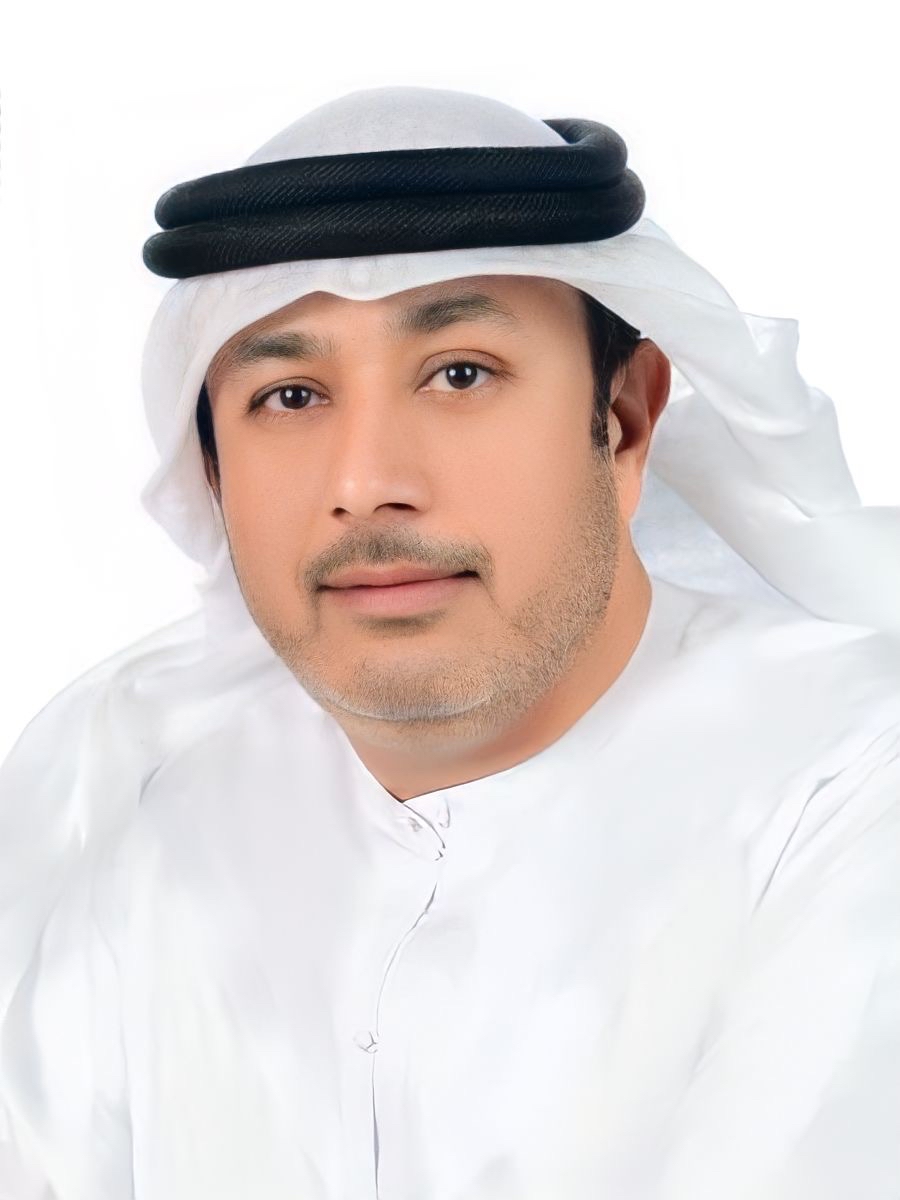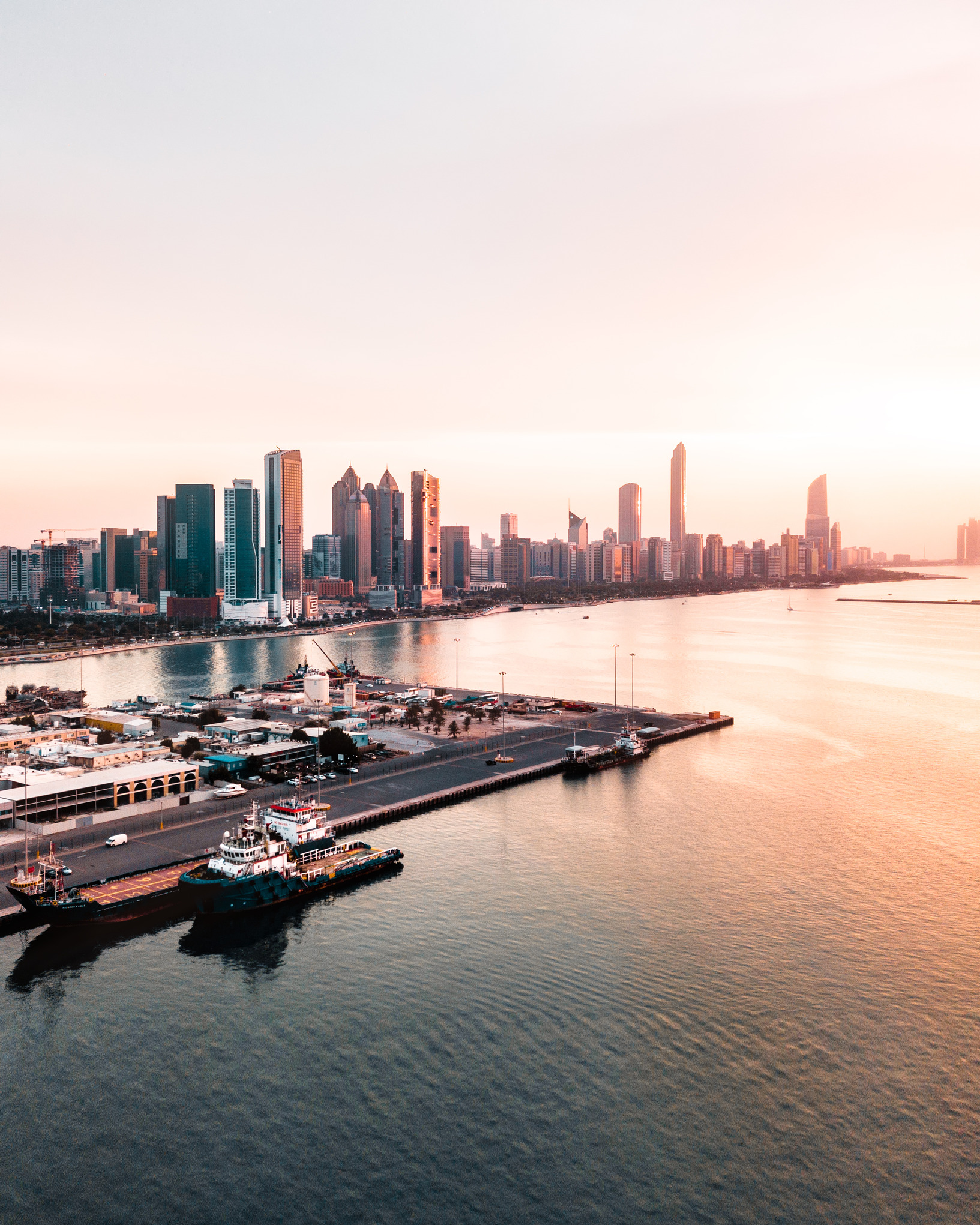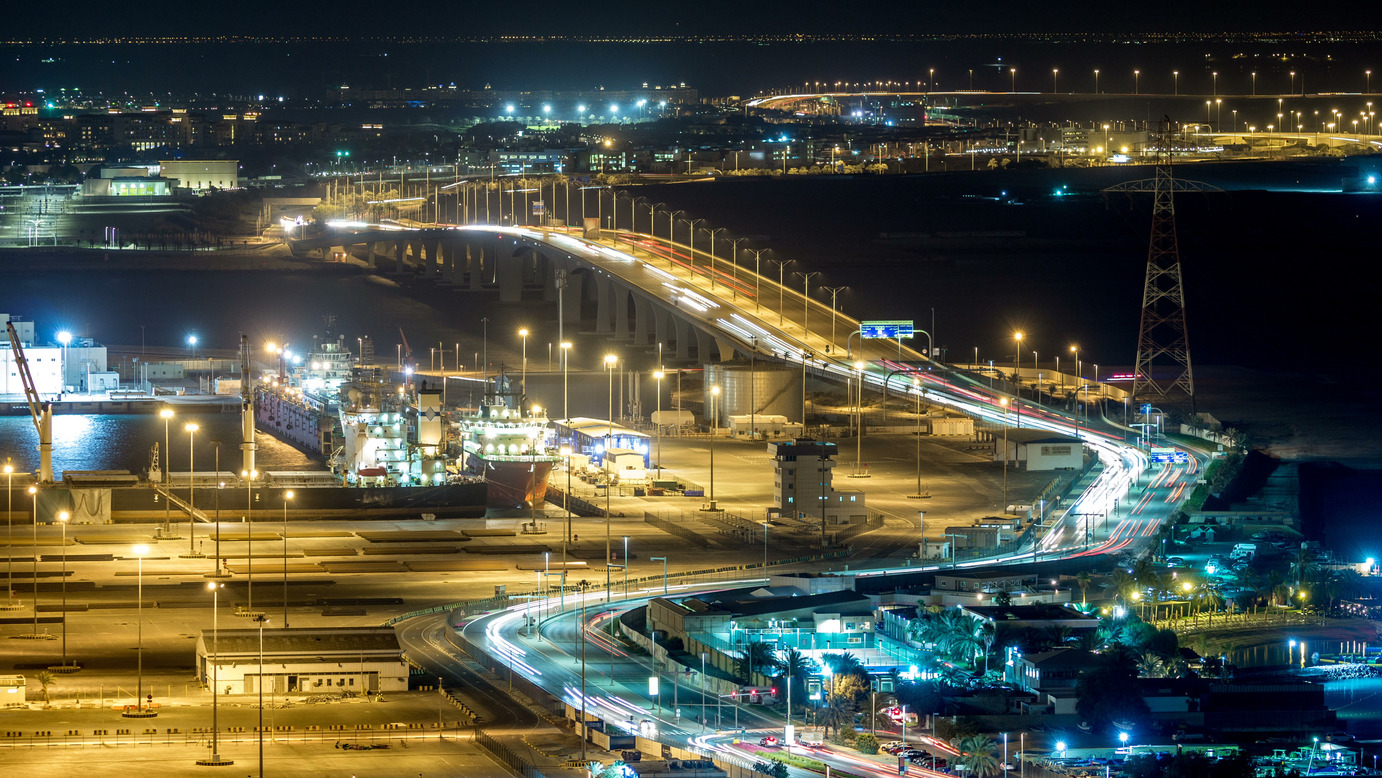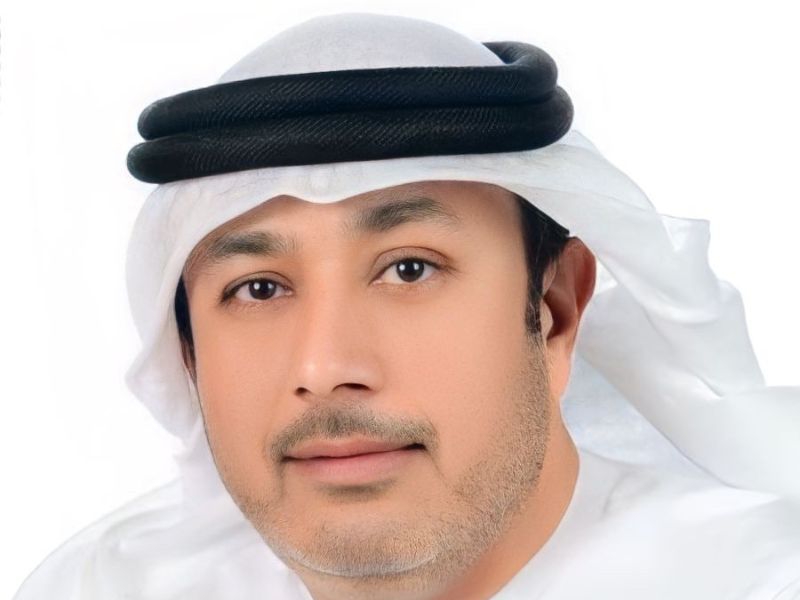The Ports Cluster of the AD Ports Group owns and runs more than ten ports and terminals that enable trade, expand capacity, and connect Abu Dhabi to the rest of the world. The Cluster is committed to achieving sustainable growth. It has formed partnerships with industry titans in local and international shipping, such as COSCO, CMA CGM Group, MSC Shipping, and Autoterminal Barcelona, intending to diversify and increase capacity to meet the changing and increasingly varied needs of customers while securing Abu Dhabi’s position as a central hub for international trade and logistics.
Record-breaking business demand has resulted from a steadfast commitment to carry out a strategy of infrastructure expansion supported by digital solutions offering quick and high-standard services. The Ports Cluster is ideally situated to propel Abu Dhabi to the forefront of international trade thanks to investments in Logistics 4.0 technologies, infrastructure expansion, and new market connectivity.
“As we expand and diversify our services, we emphasise investing in technology and infrastructure that is both efficient and sustainable,” shares Naser AlBusaeedi, CEO – Ports Operating Company, Ports Cluster, part of AD Ports Group.

As we all know, Khalifa Port, Zayed Port, and Mugharraq Port are the main ports the Ports Cluster runs. The primary terminal is Khalifa Port, home to three of the most extensive international shipping lines. It is conveniently located halfway between Abu Dhabi and Dubai and serves 25 major shipping lines with direct connections to more than 70 foreign locations. According to the recently released Container Port Performance Index (CPPI), created by the World Bank and S&P Global Market Intelligence, it was ranked as the third most effective container port globally in 2022.
Additionally, AD Ports Group has created exceptional opportunities for sustainable growth in Abu Dhabi thanks to its international alliances with some of the biggest names in business and its top-notch integrated trade and logistics solutions. The AD Ports Group has also played a significant role in elevating the UAE’s standing as a premier international industrial and trade hub that welcomes foreign investment. According to Oxford Economics, AD Ports Group’s vertically integrated business model, which includes Economic Cities and Free Zones, Ports, Maritime, Logistics, and Digital Clusters in addition to the Ports Cluster, will enable the Group to contribute 13% of the UAE’s non-oil GDP and 24% of Abu Dhabi’s non-oil GDP in 2022.
The multipurpose ports and terminals of AD Ports Group are linked—and not just to shipping lanes. The business has excellent multimodal connectivity to highway, rail, air, and sea channels where it is convenient for its customers to conduct business. “In 2019, an agreement was signed with Etihad Rail to support the growth and diversification of the UAE economy by strengthening the transport infrastructure and connecting vital facilities such as ports to the rail network to facilitate the transport of containers and various types of goods in a safe, efficient environment-friendly way,” adds NasserThis agreement offers Abu Dhabi Ports’ clients, including shipping firms, logistics providers, and companies that transport cargo, many advantages that help them save money and time.

It is important to note that they developed the first semi-automated container terminal in the region at Khalifa Port in 2012 by introducing automated ship-to-shore and remote-controlled gantry cranes. They are a regional leader in the application of digital technologies. Khalifa Port is one of the most technologically advanced ports in the world thanks to advanced technology like 42 automated stacking cranes, aerial drones, a 360 sensory system, and a robotic Terminal Operation System. Nasser says, “This port, essentially, is a case study in digitising ports, and we hope to use these lessons elsewhere to continually improve our operations at the Group level.
Furthermore, we have introduced in COSCO Shipping Ports Khalifa Port Terminal autonomous trucks, making it the first terminal in the Middle East to have such a system,” Sustainability must be at the core of our business because they are a leader in the logistics and maritime industries and regularly interacts with the marine environment. They support the UAE’s sustainability commitments and are fully committed to achieving the world’s sustainable development goals.
“We are actively collaborating with customers like Helios and utility leader TAQA, which is planning to build a 2.5 GW solar power plant that will produce 360,000 metric tonnes of green hydrogen primarily by leading and developing key port and logistics infrastructure to facilitate and control the supply of this product,” comments Nasser.
As a responsible port operator, they also seek to balance marine biodiversity conservation with their ports and maritime sector. According to Nasser, “We share the responsibility of preserving and protecting Ras Ghanada, the Gulf’s largest coral reef known for its biodiversity and thriving reef development spread across 35km2. For that purpose, we have launched a program for coral relocation (500 corals) and monitoring in a partnership research study with New York University – Abu Dhabi. Also, Zayed Port implemented the treatment and reuse of wastewater from the washing bay, and our warehouses in Khalifa Port and Mugharraq Port are now powered by solar energy.”
They are expanding the Ports cluster with South Quay Expansion, Khalifa Port Logistics, Drydocks and Arabian Chemical Terminals Abu Dhabi for their expansion plans.

South Quay Expansion
AD Ports Group started an expansion programme to lengthen the quay wall and increase yard space to accommodate general cargo to keep up with the ongoing increases in demand. South Quay at Khalifa Port now has nine berths with three kilometres of quay wall, a one million square metre logistics yard, and 75,000 square metres of warehouse storage space for import and export owing to the expansion.
Khalifa Port Logistics
One kilometre of the three-kilometre-long Khalifa Port Logistics (KPL) development, with a depth of 16 metres, is devoted to the handling and storage of chemicals, as well as to the export of green energy, bulk cargo handling, and liquid and gas terminal. Eight-meter-deep offshore facilities, a livestock receiving facility, and a ship repair joint venture are located on a two-kilometre-long section of the quay wall.
Drydocks
Khalifa Port will be able to meet the rising demand for these services from regional and international customers thanks to the addition of drydock services. Khalifa Port will broaden its scope of port and marine logistics services with this expansion, including container and cargo handling and vessel repairs and maintenance.
From Logistics News ME October 2023 Issue.

